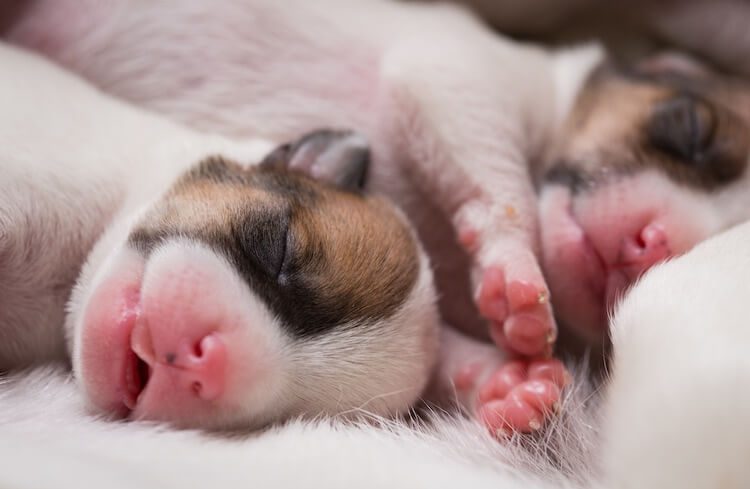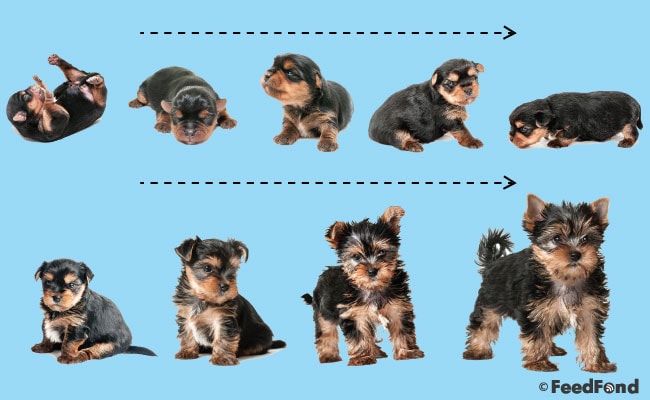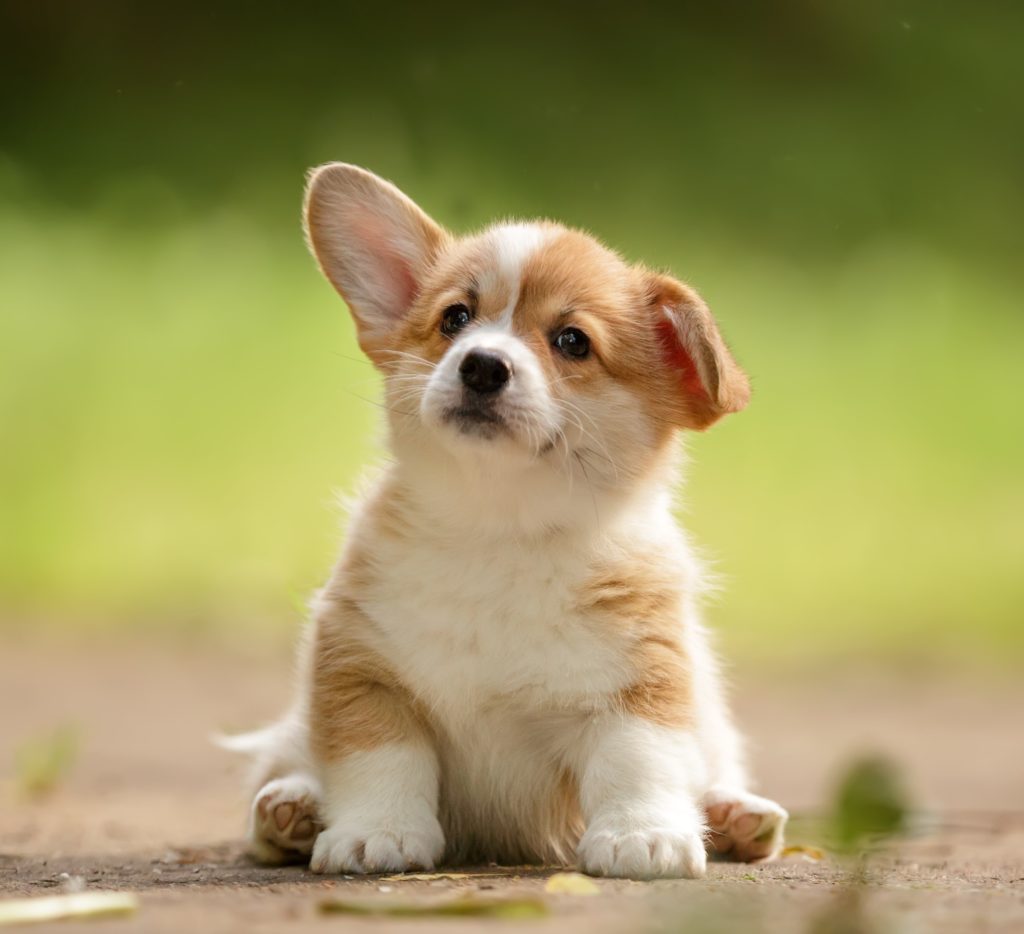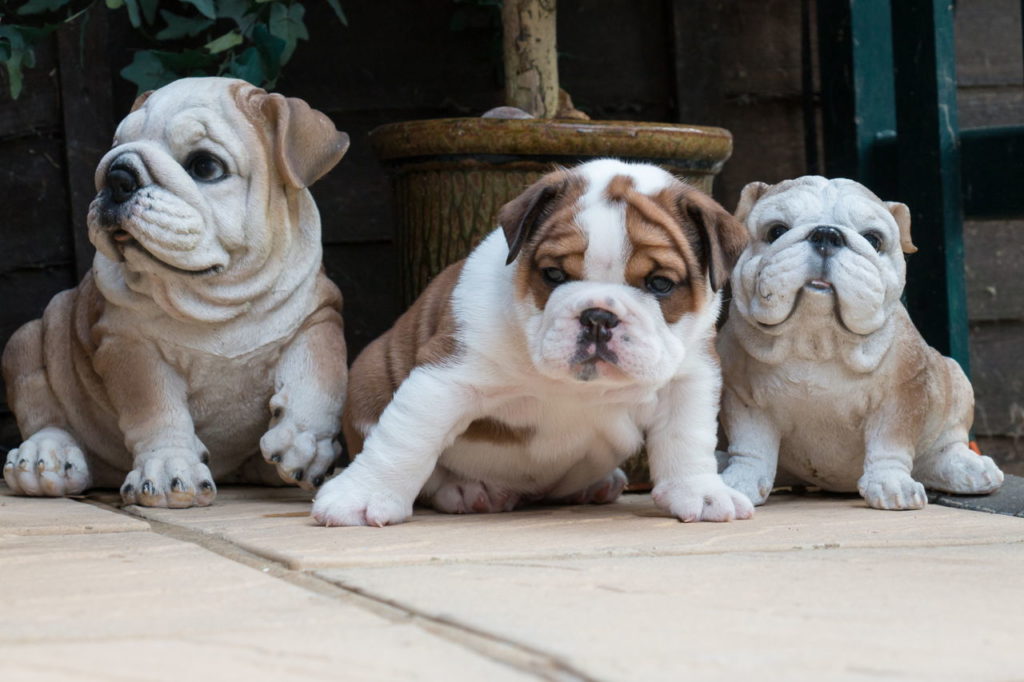Puppy Developmental Stages is a series of stages, each with its own characteristics. You may be wondering what puppies go through to become adult dogs, or you may have just adopted your first puppy and want to know how much he’ll grow. Puppy development certainly comes with challenges. It will try the patience of new puppy parents. But watching a pup grow from infancy to adulthood also comes with rewards.
When do puppies mature? For most dogs, the puppy stage lasts from 8 to 16 weeks. However, smaller breeds may mature earlier than larger breeds. A Chihuahua or a French bulldog will be ready to move on before a German shepherd or Great Dane. The guideline below shows the timetable for pups to reach adulthood; Puppy Developmental Stages.
Neonatal stages (zero-day to Two weeks)
At birth, puppies are born with eyes and ears closed. They begin relying on their sense of smell, taste, and touch. This is called the point of “blindness” and “deafness” because they do not see or hear much during this time period. At two weeks old, puppies will start to open their eyes and ears. They rely on their mothers for warmth, food, and clean-up after them. The mother will also provide protection from other dogs in the neighborhood; Puppy Developmental Stages.

Transitional Stage (two to four weeks) – Puppy Developmental Stages
Puppies go through a developmental period of two to four weeks called the transitional phase. During this time, puppies become aware of and interact with their littermates as well as their mother. Their eyes open, and their sight is well developed by five weeks. The senses of hearing and smell are developing, and their baby teeth start emerging. The puppy can already stand, but they will still stumble. They might not walk like human beings, as they tend to crawl. As the puppies grow up, they start showing more signals of their friendly nature. They may wag their tail while growling at each other in sibling play fights.

Identification and Alertness ( Three to Five)
Puppies grow rapidly during the first few weeks of life. They are now alert and aware of their environment, and they know that they are dogs with littermates and humans as part of their environment. Their bodies can regulate temperatures on their own, and they know when to poop and pee on their own. At this phase of puppy development, which is from three to eight weeks old. During this time puppies will begin weaning, which means they will gradually stop nursing and start eating solid food. At around three weeks, you should start offering solid food in a shallow dish.
Socialization Training and Vaccination phase (Five to Twelve weeks)
You should introduce your dog to socialization at the beginning of its life. The learning phase is in rapid development. Dogs are now more receptive to the idea of meeting new dogs, new people, and going to new places. Although not all dogs go through this stage, a few do and can be quite fearful over various things. A puppy’s first vaccination should be done at a young age. Usually, puppies are vaccinated for the first time between 6 and 8 weeks of age. At this time, most dogs have not yet been exposed to other dogs or other people in great numbers, so they are more likely to enjoy meeting new people and animals.

Puppies can begin in-home training at approximately six weeks of age. At this time, you should handle all parts of the puppy, introduce his first collar and lead, encourage him to come using his name, and reward him with praise and treats. You can also use positive reinforcement methods
The first step towards overcoming a puppy’s fear is to help them avoid triggers such as loud voices or harsh discipline. A familiar person can also help pups overcome fear. When they are around 12 weeks old, introduce the second stage of their vaccinations, which protects against illnesses that can be spread in public areas with other dogs.
Maturity stage (One -Three years)
By this age, your dog is considered an adult and has reached full maturity; Puppy Developmental Stages. However, a few behavioral changes can still occur up to two years of age. Ongoing training will ensure that your dog behaves well with all members of the family, which makes it a pleasure to have a pet in the house. This can continue for a few years depending on the dog, which is why regular exercise and training are important for him to learn proper behaviors.

